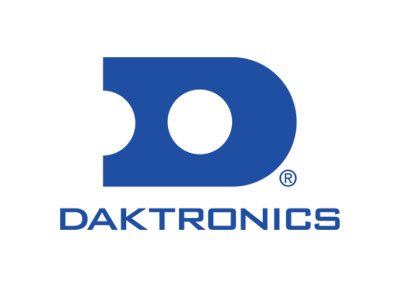Jean-Claude Decaux (Deceased)
2015 - Winner of the Lifetime Achievement Award
Jean-Claude Decaux began working at the age of 16 putting up posters to promote his parents’ store and other local businesses. He set up his own company, in 1955 at age 18. He went onto specialise in roadside displays, until the day when a finance law introduced a cripplingly high tax on roadside advertising that made it impossible for his company to survive. The same year, 1964, he invented the advertising bus shelter and the concept of advertising street furniture, which soon caught on worldwide: to offer cities bus shelters free-of-charge, managed and maintained by his company and financed through advertising.
In the 1970s, the company expanded outside France, introducing the bus shelter concept to Belgium first and then Portugal. In the 1980s, JCDecaux began to operate in other major European countries, such as Germany, Spain and the UK, before it opened offices in the USA in 1994. In 1999, along with his sons, Jean-Claude Decaux decided to acquire Avenir. This brought the Group into new countries and into transport systems and billboard advertising. In 2011, the Group became the number one outdoor advertising company in the world. Today, JCDecaux is present in more than 80 countries.
By always thinking of how best to serve the user first, he invented the smart city concept before its time. From the 1970s, in order to improve the quality of life and the visual amenity of cities, Jean-Claude Decaux began to create street furniture that would enhance everyday life: sign posts, street furniture displaying information, electronic information panels, automatic public toilets.
After Vienna in Austria, Cordoba and Gijon in Spain, in 2005 he established the first self-service bicycle hire scheme in France in the city of Lyon, which revolutionised city mobility. In Paris in 2007, the largest self-service bicycle hire scheme in the world was established. Today, the Cyclocity concept has been adopted in 57 cities.
Keen on creating an attractive urban environment, from the 1990s he began to work with some of the world’s most prestigious architects and designers, including Jean-Michel Wilmotte, Norman Foster, Philip Cox, Martin Szekely, Mario Bellini, Philippe Starck and Patrick Jouin, to give true significance and an aesthetic quality to street furniture.
Jean-Claude Decaux (Deceased)









